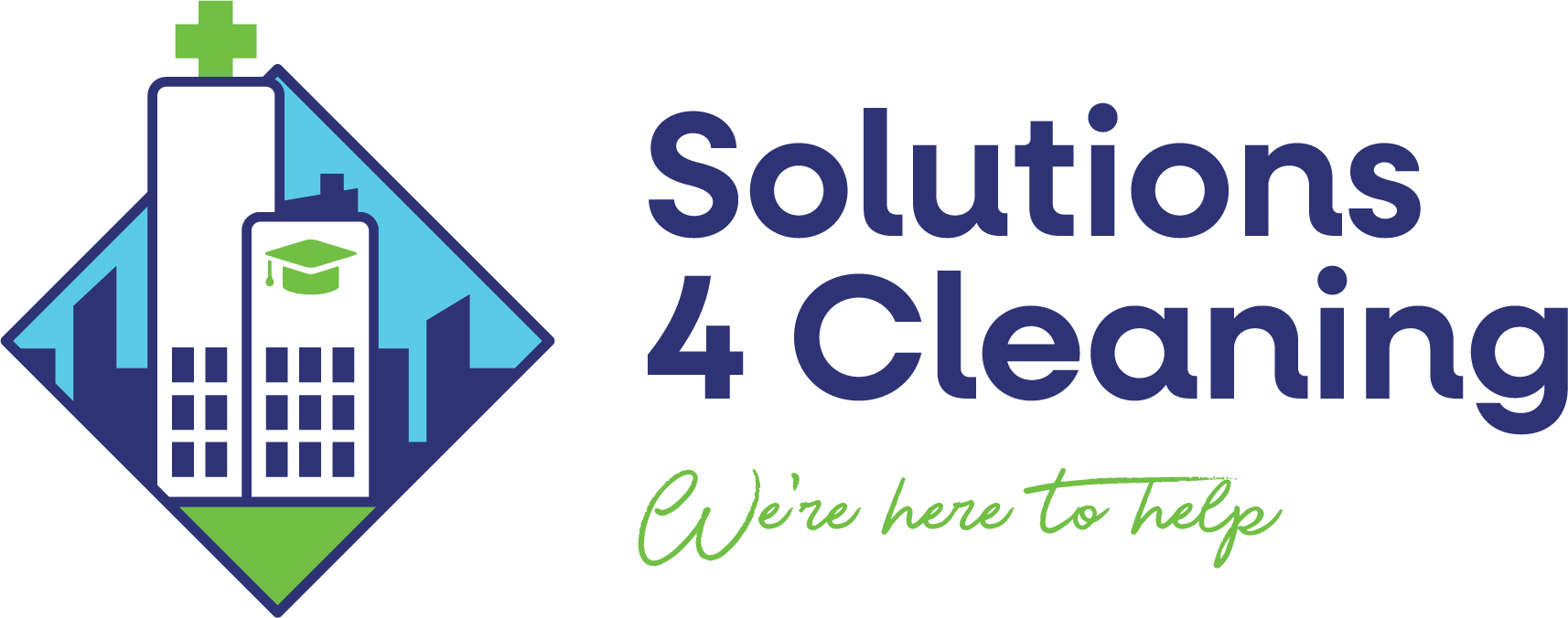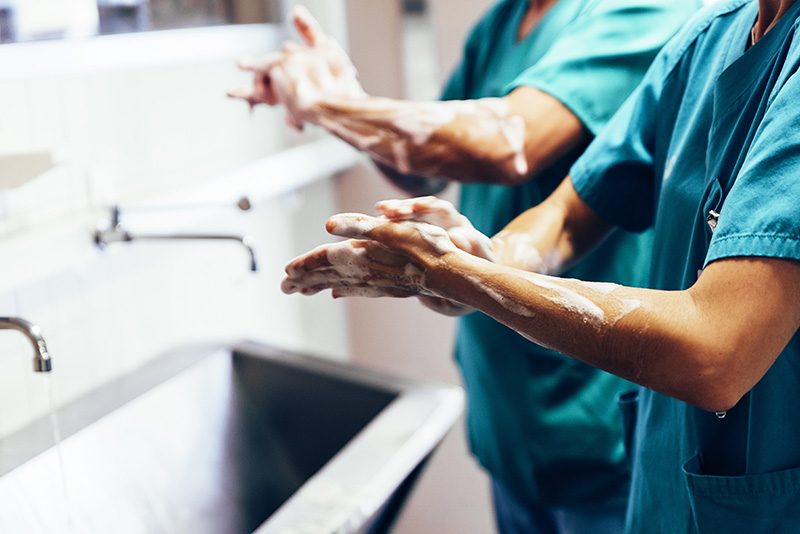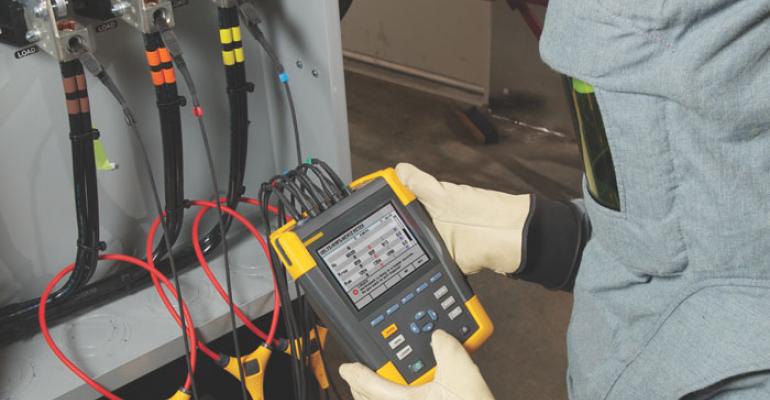Stay safe this flu season!
I know, I know – it still feels like Summer. So why am I talking about managing the spread of the flu and other sicknesses already?
Well, that’s because the flu is already here. And it’s spreading like wildfire. Just take a look around you. I can all but guarantee that somebody in your life right now has been struck down or is beginning to show the symptoms.
I’m not trying to start a fear campaign here, but these sort of outbreaks can get around crazy fast. And flu season is only just beginning!
So what can you do about it? Well, one of your first points of call should be to sort the prevention and control of infections in your workplace. It’s where you spend a third or more of your day most days after all!
Whatever your daily work setting is, from an office to health care facility or even a childcare centre, your cleaners (see Solutions 4 Cleaning for more information) should play an important role in managing the risk of infection to your staff and customers.
The role of your cleaner is to remove dust and microbes from the environment, effectively preventing or controlling any potential outbreaks. If you want to know what are the most vital considerations for your cleaning – well, you’ve come to the right place!
Here are 4 essential things that you and your cleaner should consider as part of any highly effective infection control in the workplace:
Equipment
Good quality, clean and well-maintained equipment is essential in commercial cleaning. We recommend the use of clean, colour coded cloths and mop heads which are laundered after each use, as this will minimise the risk of cross contamination. Other areas that are often overlooked are vacuum cleaners that have a HEPA filter. A HEPA filter helps to ensure that no dust, spores or fungi pass through the vacuum and go right back into the environment that you just removed them from. D’oh.
Chemicals or Cleaning agents
Having the right products to do the work is one thing – knowing how they work and how to use them effectively is another thing altogether. In my years of experience, I have encountered far too many cleaners who simply spray and wipe.
This effectively does very little to kill the microorganisms that are the real culprits in the spread of infections such as the flu.
Even the best hospital grade disinfectants need 10 minutes to sit on a surface to kill microorganisms like Norovirus (the dreaded cause of gastro) and even 3 min for Rhinovirus (our most common cause of the common cold).
Also essential to the process of infection control is understanding which products simply clean or break down solids – and which do the actual killing of microorganisms.
Quite often an item like a door handle might need to be treated twice.
First with a general cleaner, in order to break down fats and solids;
And then with a hospital grade disinfectant, which is applied and left to air dry to kill the microorganisms.
If your cleaners don’t understand the process and the products, they might be leaving you exposed to unwanted germs. If you want a professional team you can rely on to take care of the job properly the first time, every time – then give us a call on 1300 860 832 or get in touch with us here.
Regular Cleaning
Regular Cleaning is essential to staying on top of the potential spread of infection.
This is why it is essential to talk to your commercial cleaners prior to engaging them. A good cleaning company will listen to your wants and needs, as well as get an idea of your budget. Then they can go away and create a schedule specific tailored to your workplace. A typical office that is getting a twice weekly clean might get high risk areas like kitchens and bathrooms cleaned twice weekly, where other jobs like the wiping over of workstations might only get done once a week.
It’s totally and completely up to you – and that is why you need a cleaner who will listen and recommend accordingly, as opposed to simply going all gung ho on your office, medical practice or warehouse.
Periodic Cleaning
Periodic Cleaning is essential to ensuring your workplace is not only kept healthy, but also maintained properly.
Regular mopping, for example, will not be sufficient to maintain high traffic areas like entrances. Over time, rubber from shoes can build up and starts to hold onto all that dirt and grime from the outdoors. The only way to remove it is through a thorough clean with a floor scrubber.
This floor scrub will maintain both the appearance and cleanliness of the area. Talk about two birds!
Periodic cleaning should also include thorough dusting, thorough cleaning of fridges, cupboards, under appliances and hard to reach areas.



